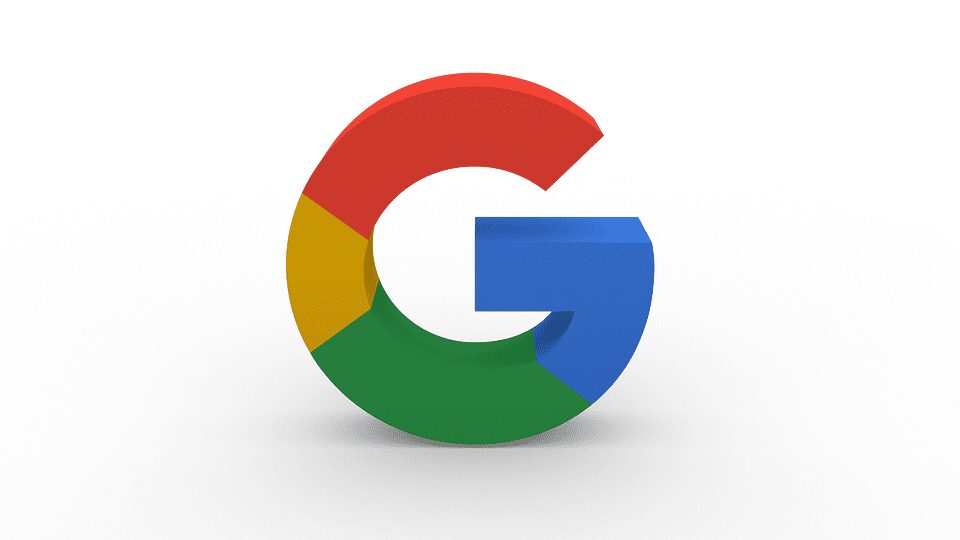
European Google Search’s Second Redesign Shows the Pitfalls of Bureaucrat Micromanagement
Juan Londoño
December 17, 2024
Last month, Google announced that it would once again redesign the user interface (UI) of its search products in Europe. It is doing so to appease complaints by regulators and competitors. They claim Google’s first pass disproportionally benefitted one set of companies—travel aggregators and comparison sites—while reducing traffic for airlines, hotels, and small retailers.
Specific changes to the UI of a product in the tech ecosystem may seem like a largely inconsequential discussion. However, the fact that Google Search needed a second redesign highlights how the Digital Markets Act (DMA) and the Digital Services Act (DSA) has resulted in the micromanagement of tech products with little benefits for consumers.
Reading between the lines, a notable aspect of Google’s announcement is that these changes are not being done to satisfy consumer demands. The search product is not being altered due to a feature not satisfying users’ needs. It is being altered because a third party, who is neither a user nor a provider, believes that the product delivered by Google is inconvenient for them. In other words, Google Search (and all other digital services and products in Europe) cannot make design choices based exclusively on consumer impact. It must now assess spurious “fairness” standards that accommodate the needs of its competitors and any businesses featured in its Search product.
This consideration is not a product of Google’s sympathy to these third parties. In fact, in normal market settings, Google would be ridiculed for designing a product that could benefit its competitors. However, it is thanks to the DMA and the DSA that Google has to degrade its consumers’ experience in order to comply with the bills’ fairness standard and their prohibition on self-preferencing.
In functional market settings, the message to companies is usually straightforward: they must focus exclusively on satisfying their customers’ needs. They can measure their success in their mission by seeing their revenue and profit metrics. The customer-supplier relationship is clear-cut. The profit signal provides a clear messaging mechanism between customer and supplier.
However, the DMA and the DSA introduced new constraints and standards that muddy that process and communication. Companies still must try to maximize profits, but now they must also ensure that their products are “fair” to competitors or dependent businesses. That raises various questions. First, companies must determine who can be considered a competitor or a dependent business. They do not have a clearly defined standard to answer that question, so they must rely on the governing bureaucrats to provide some clarity.
If that is not an option, they must make an educated guess on what those regulators would place under that category. If they happen to be wrong, they might find themselves sanctioned.
Once they are able to exhaustively cover for all potentially impacted businesses, a second question arises: How to balance competing interests? Drawing from the Google example, is that 30 percent decrease in direct booking clicks for airlines, hotels, and retailers “fair”? Once again, the company most likely will need to predict how regulators would answer that question and make another educated guess. These bills leave companies guessing and under the constant threat of punitive fines.
As subsequent questions arise, the conclusion becomes clear: companies design choices in the European Union are now unbound from consumer appeal and are now tethered to the whims of regulators. What might be considered fair today under the eyes of regulators could be considered unfair in the future, depending on the context. Thus, companies do not have a clear, atemporal standard to adhere to, and must face consistent regulatory risk.
This tremendously complex regulatory ecosystem likely explains Europe’s clear lack of competitiveness in the tech market. As former European Central Bank President Mario Draghi had to admit himself, this regulatory hostility makes it impossible for companies to succeed in Europe. America has largely succeeded thanks to its light-touch approach and its commitment to the consumer welfare standard. If anything should be learnt from this example, is that the last thing that American policymakers should be doing is try to recreate the European approach.
